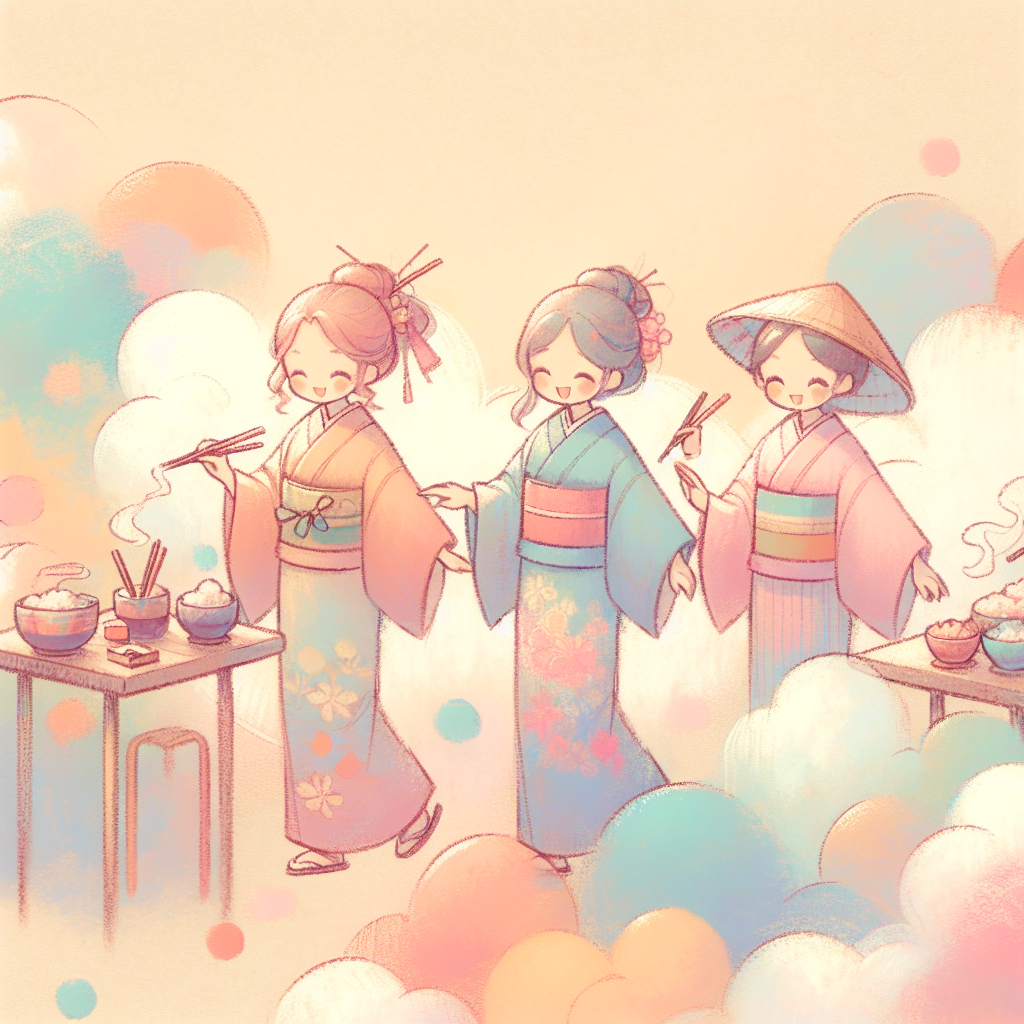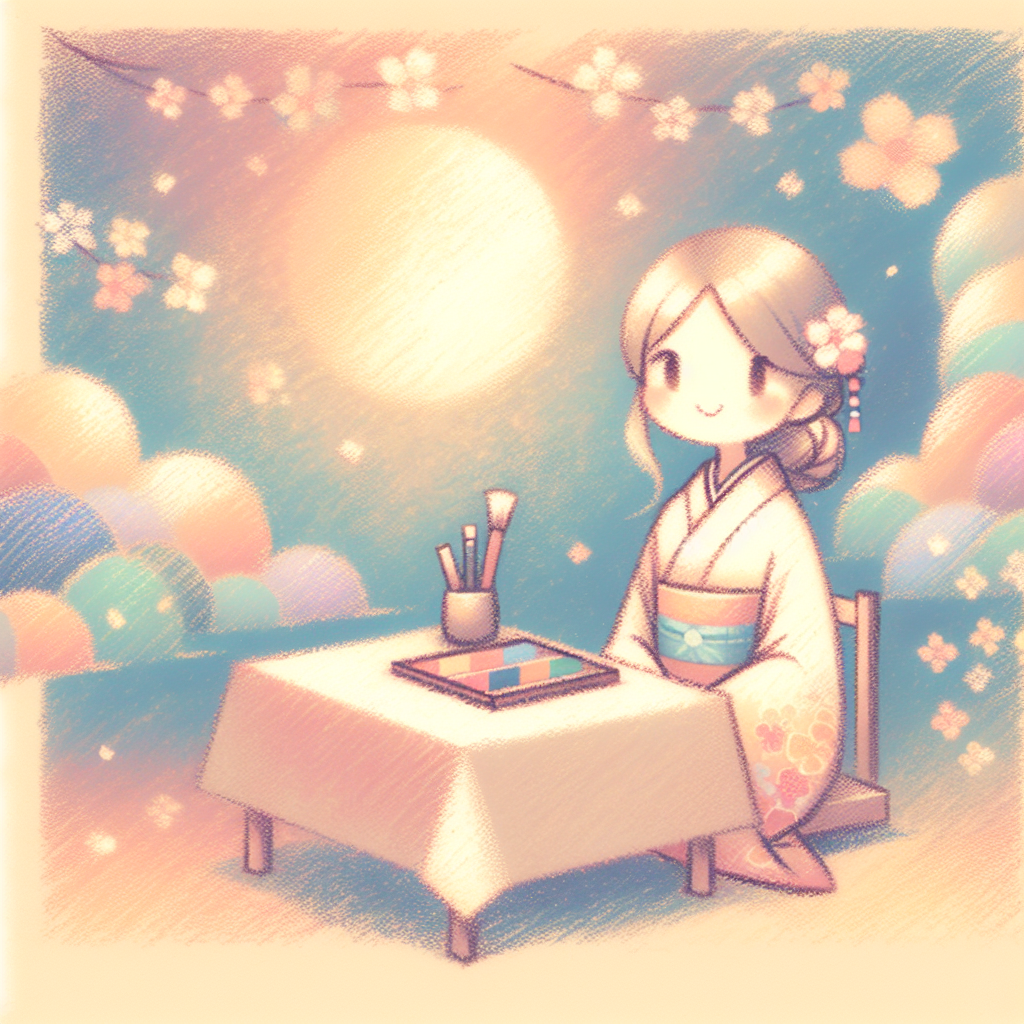The Essence of Japanese Manners: Respect and Connection Through Gesture
The Art of Gesture: How Japanese Manners Shape Social Interactions In Japanese culture, unique manners and gestures deeply rooted in rich history and tradition significantly influence daily life, business interactions, and relationships. In a society where the idea of "respecting others" is ingrained, the role of gestures and verbal communication becomes particularly crucial. This article delves into how Japanese manners shape social interactions. The Significance of Manners in Japan Japanese manners extend beyond mere words; they manifest in body movements and expressions. A quintessential example is the bow, a cultural gesture symbolizing gratitude and respect. This simple action conveys various meanings, including apology, appreciation, and greetings. At the heart of…






